|
For as long as I can remember, I've been a 'perfectionist'. It would drive me nuts to see a word spelled wrong, someone wearing mismatched socks or the toilet paper roll hung in the wrong direction (that one drives you nuts too, doesn't it?) I never really understood why exactly it drove me nuts but it did. Like finger nails on a chalkboard. My expectations for myself were so much higher than my expectations for anyone else and to be completely honest, they were downright unrealistic. My fear of making a mistake or not doing it 'the right way' was numbing. I would avoid restaurants because I'd never been there before and I didn't know what to expect. If I wasn't sure how something would turn out, I'd end up either procrastinating to the extreme or I'd avoid the situation all together. I still struggle with this sometimes (as you can tell by the fact that I'm writing this post 2 hours before it'll go live).
Sadly, it carried over into my children's language learning too. I waited almost a year to start Spanish with my oldest because I was terrified that I'd do it wrong. I'm fluent in Spanish. That's pretty hard to screw up with a baby! For their other languages (which I don't speak), I would avoid any activities that required me to speak to them because I was worried that I'd pronounce something wrong or use a word in the wrong context. In all of my worry, they ended up missing out on so many hours of exposure to the language. If I had just stepped in and been okay with learning alongside them, we would've all improved together and I would be better at helping them now too. I hear parents tell me all the time that they haven't done activities with their kids because they're scared that they'll pronounce something wrong. They don't want their kids to learn it wrong. YOU'RE NOT ALONE! Here's what you need to remember....When they say "Done is better than perfect", they're right. Done really is better than perfect. As we go on with life, and they get better with the language, it won't matter. As long as they have exposure to a variety of language sources (i.e. shows, music, tutors, etc), it won't matter if you pronounced the word wrong. What matters is that it happened. The word communicated, the socks were worn, the toilet paper was available, the towels were clean and the language was practiced. More important still, you spent time together and connected through your new language which is the entire point of language, isn't it? How any of those things happen is pretty irrelevant. Give yourself some grace, go forth and raise little language learners!
1 Comment
And now....on to community building! I’m here today to talk about community building!...community building for families with children who speak more than one language! I want to start with a little bit about what exactly I mean by building communities. When I talk about building communities around our minority languages I'm referring to just the basic standard definition of community which is ‘a group of people with a common interest’. A soccer team is a community. A city as a community. A Facebook group is a community. Today let's talk about building a community for your family and for your child around that minority language. At a core level, language is communication but that means if we have no reason to communicate then we have no reason to use the language. We communicate because we need something, we communicate because we want something, we communicate because we're just having fun. Building communities is really important because it gives your child a reason to speak the language that's important to your family. For some families, it's really easy to build a community and for some families it’s really difficult to build a community. The tips I'm going to share here can work for anybody regardless of your own language abilities, finances or family situation. The first and obvious suggestion is family. If you have family that speaks your minority language, get them in touch with your kid. Especially now, in the world of the internet, we have video chat calls, messenger services and voice memos. Schedule time for your kids to communicate with grandparents and cousins and aunts and uncles who are fluent in the language. Family definitely trumps all but not everybody has that option. My own family doesn't have that option either so building community is something that I’ve had to work really hard at in order to make this happen for my kids. I hope that of the following options you can find at least one good fit for your family. Maybe it's not in the cards right now but you'll keep it in mind for later or maybe you're ready to jump on it right now.  Spanish classes/Library Story Time Look for classes that aren't just sitting down and doing workbook pages but rather play based immersion classes for kids or library story time in your minority language. Language classes can cost money however library story times are typically free and it really just depends on your source. The downside to these is that the community it builds isn't always available outside of class.  Online Language Exchanges An online language exchange is simply regular virtual video chats with another child. Ask around on social media for another family who 1. Wants to improve their skills in your community language and 2. Lives in a community that speaks your minority language. Each meeting alternate which language is spoken. When the meetings are held in your community language, plan a couple of fun activities for the kids & the following time the other parent can do the planning. It's completely free and you can schedule it around your schedule.  Bilingual Playgroup Bilingual playgroups are an option if you can find other families in your area that are raising their kids with the same language so that you can get together and host a playgroup. You'd want these playgroups to be structured to help the kids stay in the minority language. A parent lead can guide the conversation and ask questions in the minority language. This is free but it can be difficult to find other people in your local area that are speaking the same language you are. Luckily social media platforms make it much easier to find others.  Child Care Finding a child care provider who speaks the language. Even if you don't need child care, you can hire them to come to your house an hour a week or twice a week to play with your kid in your home language. They can provide complete immersion and give them somebody else outside the family that can make the language fun.  Host an Exchange Student Students all over the world are looking to spend a year of high school in another country. Typically these students are coming to learn {your community language} but they're typically willing to play with your kids in the target language, their own native language, for a little bit of time every week. This can also give your child insight into the culture that they might not already have at home.  Hire a Nanny This is a step up from childcare just a couple of times each week. If you can hire a nanny who speaks your minority language, or if you can get your child into a bilingual childcare program or a bilingual school program, it would encompass much more of their life and provide much more experience with the language. This typically costs more, it’s a bigger time commitment and it can be more difficult to plan but with that comes the greater benefit in the fluency that your child's achieves.  Hire an Au Pair An au pair is a live in nanny that you hire from another country. They provide you with child care services in exchange for a stipend + room & board. This wouldn’t cost you quite as much because you're providing room and board and then when they're not working they would be able to go out and experience your culture in your area. Be mindful that when hiring an au pair you do have to comply with all the local labor laws as it's a regular full-time employee. I hope that these suggestions are helpful in your venture to build a community in your minority language for your kids. The bigger support system that you can build for them, the more likely they are to retain their language and to continue using it beyond living at home with you.
I'd love to know, how have you built a community for your kids and how's it going so far? Let me know in the comments below or hop on over to our Facebook group to let us know there! Have you ever wondered if it was too late for your child to learn a new language easily? I know I have! I see so many parents on social media asking too. You're definitely not alone! Are you ready for the good news? There's some exciting new research that answers this question and the answer is probably not what you're expecting. Before I get to that though, let me tell you my story... After all of my education in child development, language acquisition and linguistics I still didn’t know the answer either. I remember when my oldest child was born I was determined to raise him bilingually in English & Spanish. I had read somewhere (I don’t remember where but it probably wasn’t a reliable source) that as long as I started speaking to him in Spanish before he was 9 months old, he would grow up able to think in and use Spanish the same way he would think in and use English, which was our community language and our native language.
(I want to take just a moment to step back and say that, as parents, we REALLY need to stop putting so much pressure on ourselves! We need to let that guilt go! Forever.)
I know I’m not the only one though. Parents around the globe wonder if it’s too late when their child is 7 years old, or 4 years old, or even 18 months old. But is it? How late is too late? In 2018, researchers at MIT created a quiz that went viral on Facebook and got results from more than 650,000 people! The quiz tested their English skills and it also gathered information about things such as their age, how long they had been learning English and how they learned English. Their results? They found that kids can learn a language with native-like vocabulary and grammar if they start before 10. Wait....what?! Seriously?! That is SO much later than I would’ve ever imagined. They also found that kids can still acquire a new language really easily through age 17 or 18. Even better yet, they found that adults aren't 'bad' at learning languages either. Adults are good, just not as good as kids and teenagers. Basically, everyone is good at learning languages, but earlier is better. You can read all of the details of this study here. Then in 2020, Oxford University asked the same question in regards to accent. How late is too late to learn a new language and NOT have an accent? Any guesses about the results? They found the same thing applies to accent. Their results were VERY similar to the results of MIT’s study. You can read all about that one here. Generally speaking, it’s never too late. If you haven’t started yet, the best time to start is now. Whether your kid is 3 months old or 3 years old or 13 years old, GO FOR IT!!! You’ve got this! It's NEVER too late! So tell me in the comments.....How old are your kids? When did you start their journey to multilingualism? and how's it going? I'd love to hear your story. Now go forth and raise multilingual world changers ;) Hello! Hola! Bonjour! 你好! I’m so excited that you’re here! This is my first blog but definitely not my first experience with helping parents just like you who are raising (or want to raise) their kids to be multilingual world changers, but... ...before we get to that, let me tell you a little bit about me :)
I remember being so fascinated with languages. I would try to learn German from an outrageously outdated textbook that I had found at the public library and watched in awe the few times that I witnessed others speaking languages other than English in public (it wasn’t a very diverse town). When I was in high school, I took 3 or 4 years of French (I don’t remember exactly) and I still struggled. I tried taking a French class in college but quit after day 1 because I was so lost. They placed me in that class based on my high school experience, but I didn't understand a word the professor said. There had to be an easier way.
When I graduated with my bachelor's degree in 2009, I was licensed to teach elementary school grades k-5, special education for kids ages 5-26, English as a Second Language and Spanish as a Foreign Language. The teacher training and special education training gave me a solid foundation in child development while the language teacher training gave me a solid foundation in childhood language development. After I got my first job as a bilingual special education teacher, which happened to be at that same school I had toured a few years earlier, I did post graduate work in bilingualism and applied linguistics to acquire my teaching license in bilingual education. I’ve been a professional in the fields of education and languages/linguistics ever since. Child development and language acquisition are my jam! I’ve combined the 2 areas of expertise to raise my own kids with 5 languages (3 of which I don’t even speak myself!) and to also create a really fun and successful local language program for young kids.
While you’re here, you’ll find answers to all of your questions about multilingual parenting including what to expect, how to succeed, how to handle those times when things don’t go as planned and you’ll probably find a few answers to questions you didn’t even know you had. I absolutely love researching so you know you'll find reliable, up-to-date information.
Raising kids who are multilingual can be difficult. I’ve been there. I didn’t know what to expect. What if I make a mistake? What if they get confused? When should I start? How do I make sure they get what they need for each language? What if I put in all of this work and they never learn the language? The anxiety is real! We all want the same thing though, what’s best for our kids. But how do we do that? That’s exactly why I’m here to help! If you’re a parent raising your kid(s) with more than one language, planning to in the future or even just thinking about it, then you’re in the right place because we’re going to cover all of this and more. Let’s connect! I want to know what's working for you and what's not. What questions do you have? Comment on posts, join me for a conversation in our Facebook group or email me directly here. I can’t wait to hear from you! |
AuthorHey! I'm Bridgette, wife, homeschooling mama of 3, entrepreneur, Michigan native and coffee addict extraordinaire. I love photography, travel, teaching, crafting and Saturday afternoon movies with the family. I'm a former bilingual special education teacher who left public school teaching to homeschool my own multilingual kids. I use my professional knowledge of child development & language acquisition along with my own personal experiences to help other parents navigate their own family's multilingual journey. ArchivesCategories |
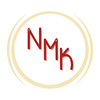

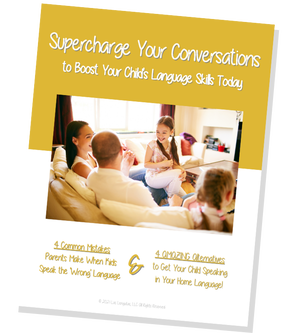
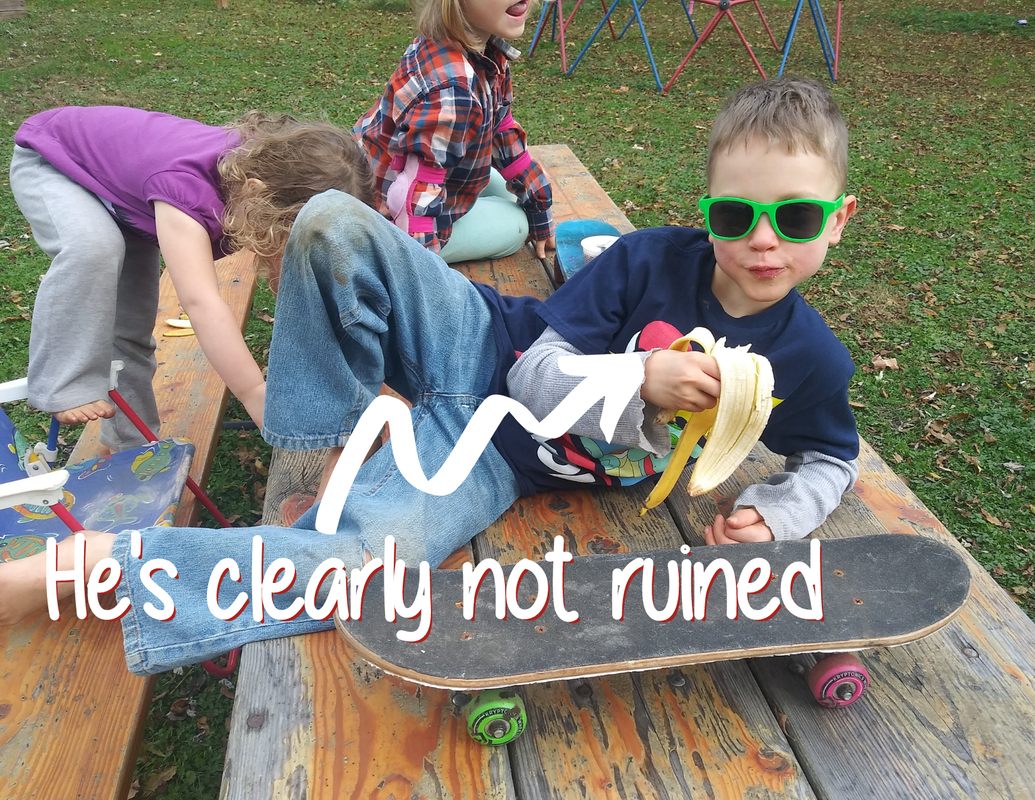
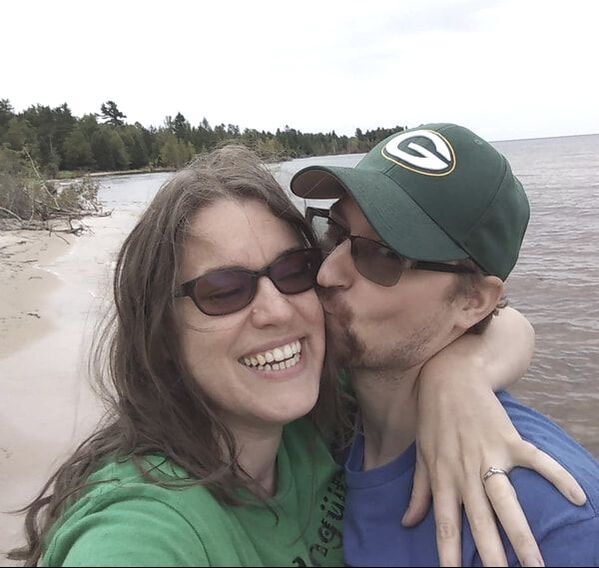
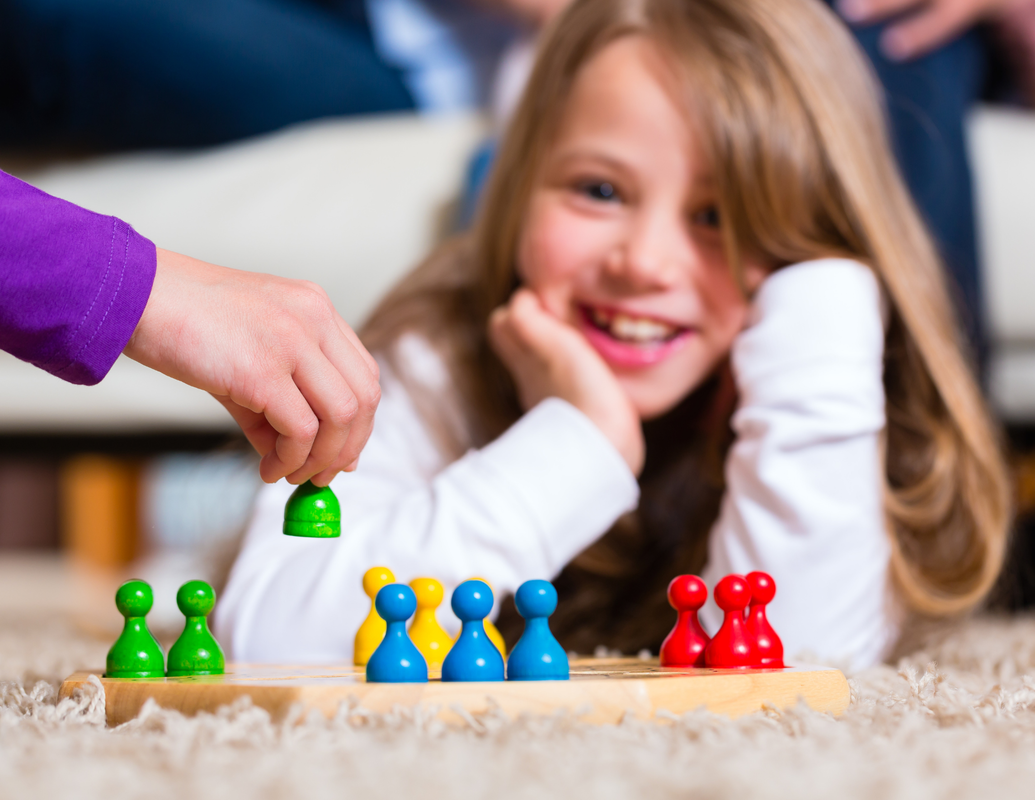
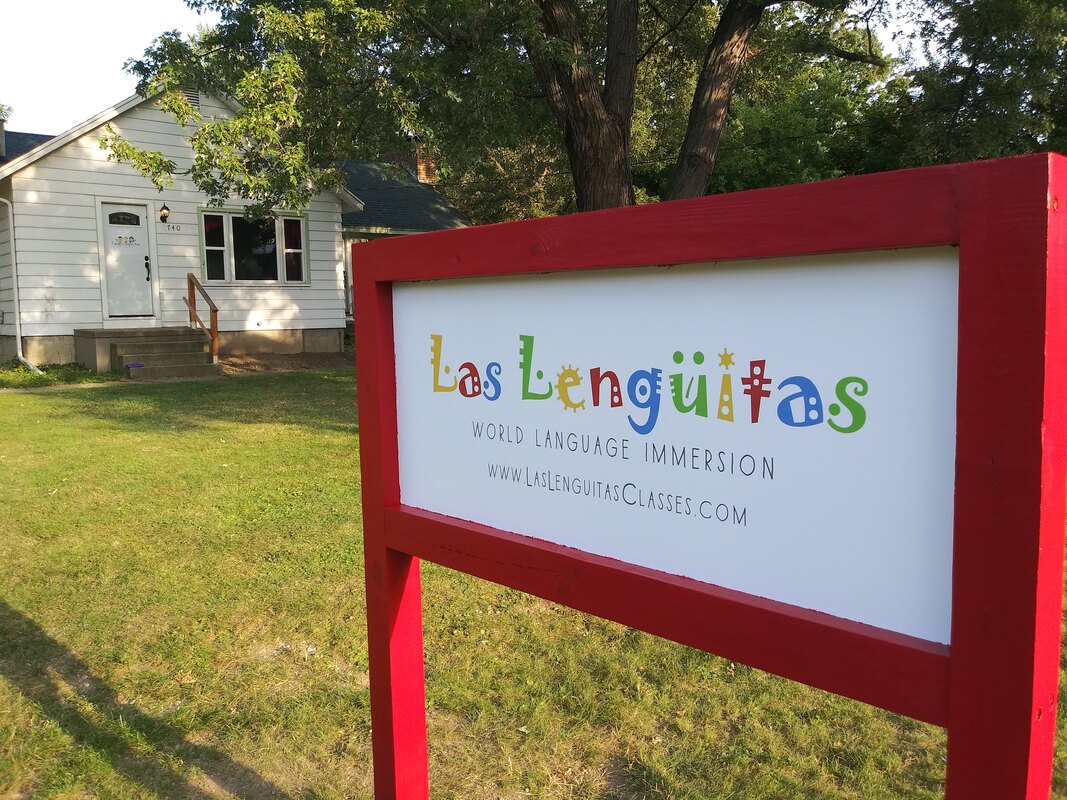
 RSS Feed
RSS Feed